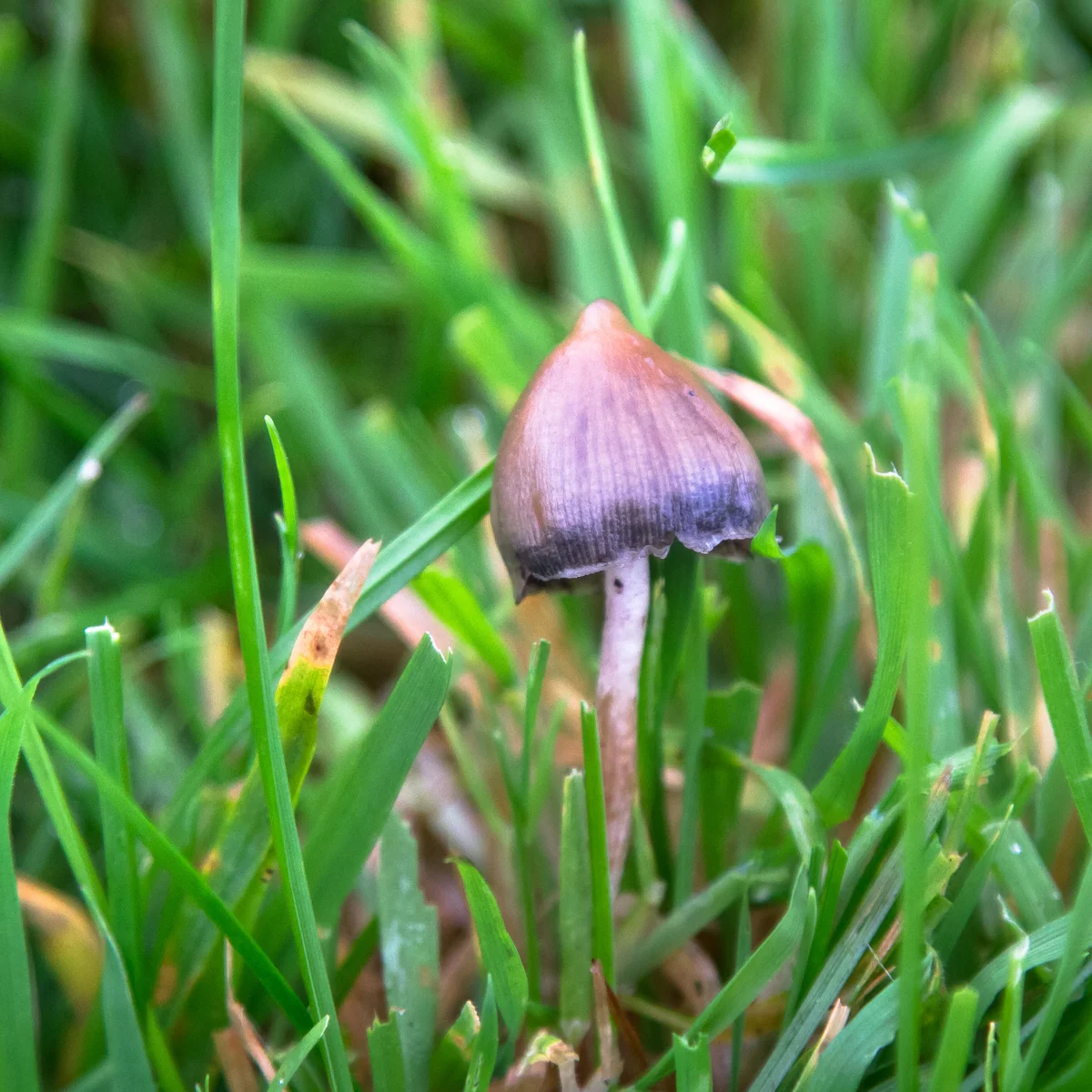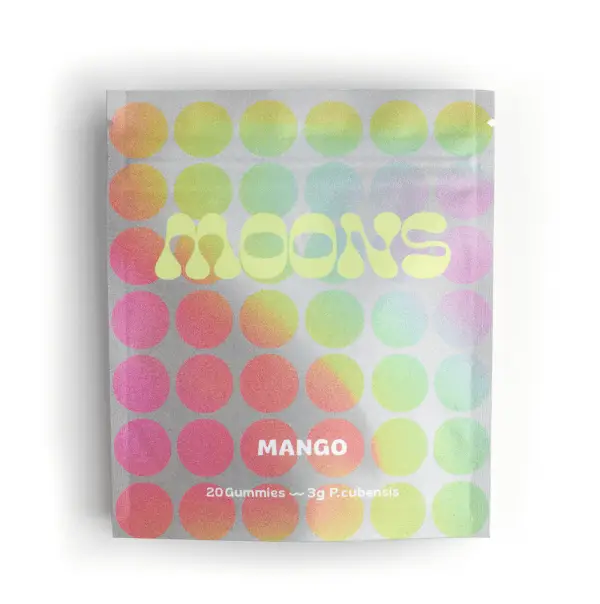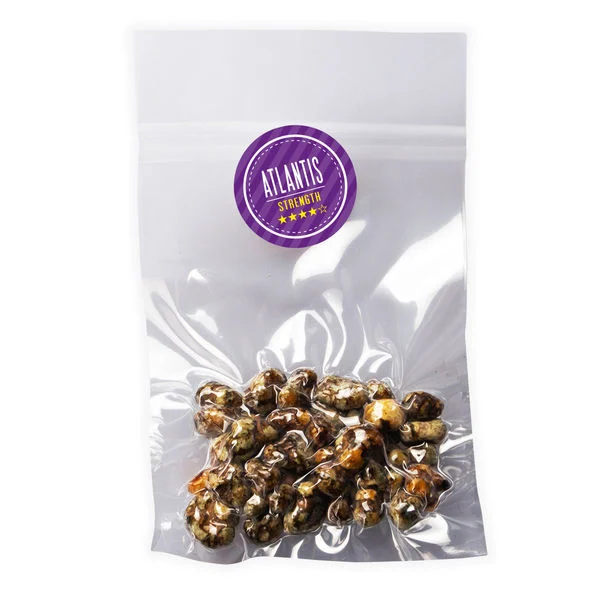Magic Mushrooms England, Magic mushrooms, known for their hallucinogenic properties due to the active compound psilocybin, have gained increasing attention in recent years for both recreational and therapeutic purposes. In England, the conversation around magic mushrooms is evolving, with growing interest in their potential benefits as well as their legal and cultural implications.
Legal Status of Magic Mushrooms in England
In England, magic mushrooms are classified as a Class A drug under the Misuse of Drugs Act 1971. This means that possession, cultivation, or distribution of magic mushrooms is illegal and can lead to severe penalties, including imprisonment. Fresh magic mushrooms were once available legally due to a loophole, but this was closed in 2005, making both fresh and prepared forms of psilocybin mushrooms illegal.
Possession of magic mushrooms can result in up to 7 years in prison, an unlimited fine, or both. Supply and production can carry a sentence of up to life imprisonment. Despite these strict laws, there has been ongoing debate about whether psilocybin should be rescheduled due to its low potential for addiction and growing evidence of therapeutic use.
Medical and Therapeutic Interest
Globally, and increasingly in England, psilocybin is being studied for its potential to treat mental health conditions such as depression, PTSD, and anxiety. Leading research institutions like Imperial College London have conducted groundbreaking studies showing that psilocybin-assisted therapy can offer profound benefits for individuals with treatment-resistant depression.
Though these studies are promising, psilocybin remains a controlled substance in England, meaning research requires special licenses and government oversight. Advocates argue for its rescheduling to a lower class to facilitate more accessible clinical use.
Magic Mushrooms in English Culture
Despite their illegal status, magic mushrooms have a rich cultural history in England, particularly tied to the counterculture movements of the 1960s and 70s. Today, their use persists in underground communities, often associated with spiritual exploration, self-discovery, and recreational experiences in natural settings.
Rural areas such as Wales, Devon, and the Lake District are known for seasonal growth of liberty caps (Psilocybe semilanceata), a common species of magic mushrooms. Foragers must be cautious, not only because of the legal risks but also due to the danger of misidentification with toxic species.
The Future of Magic Mushrooms in England
Public attitudes toward magic mushrooms in England are gradually shifting. As more studies emerge supporting their therapeutic value, there is increasing pressure on the government to reconsider current drug laws. Organizations like The Beckley Foundation are pushing for reform and expanded research into psychedelics.
Although full legalization remains unlikely in the near future, it’s possible that controlled medical use of psilocybin may be approved in the coming years, following trends seen in countries like Canada and certain states in the U.S.
Conclusion
While magic mushrooms in England remain illegal, they continue to be a subject of fascination and scientific inquiry. With rising interest in their mental health applications and a slowly changing public perception, the legal landscape may evolve. Until then, individuals must remain informed about the risks, laws, and potential benefits as the conversation around magic mushrooms continues to grow.
You Might Also Like These:





